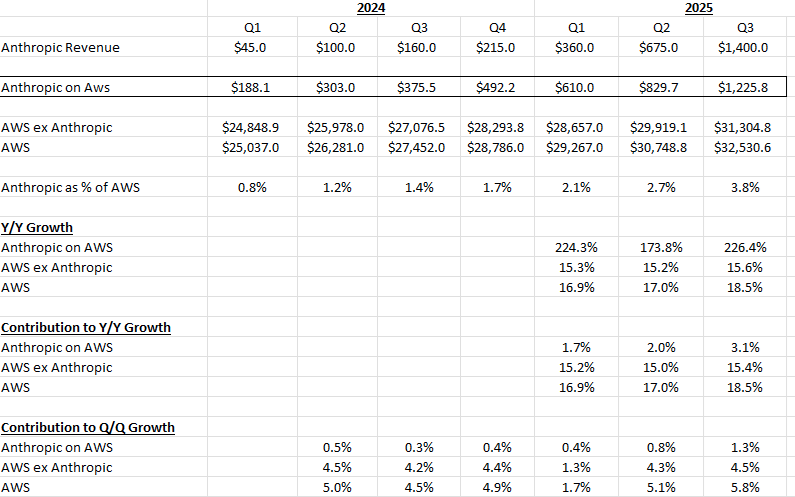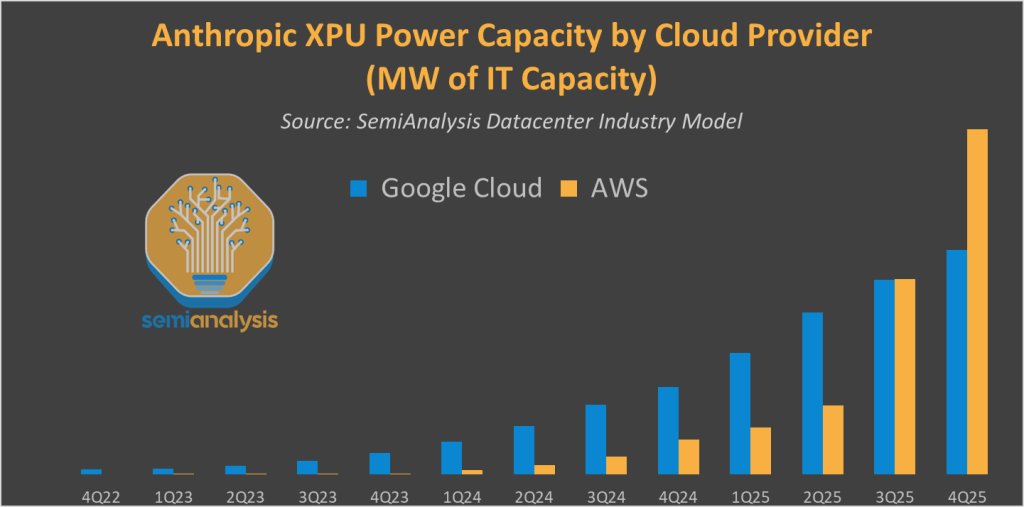Did he say this with a straight face? The balance sheet is a strategic tool? The wash-writedown-repeat cycle remains part of their DNA? Wonderful stuff here. 

The attempts to paint the M&A spree as part of some strategic plan as opposed to just stumbling around, runs head first into the reporting about said deals
https://twitter.com/modestproposal1/status/624617854978035712
Wash-rinse-repeat
https://twitter.com/modestproposal1/status/783702265869766656
• • •
Missing some Tweet in this thread? You can try to
force a refresh


























